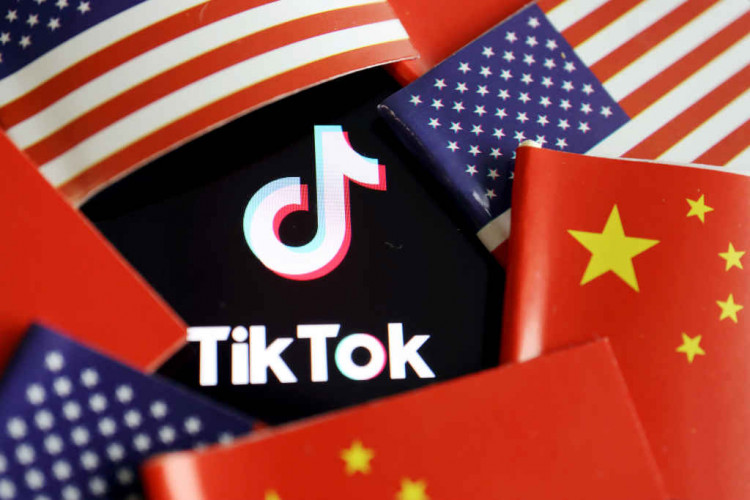The U.S. Supreme Court on Friday upheld a federal law mandating TikTok's Chinese parent company, ByteDance, to divest from the app or face a nationwide ban. The decision, which takes effect on Sunday, solidifies a contentious legal and political battle over the popular platform's presence in the United States, impacting its estimated 170 million American users.
In a swift ruling, the court sided with the Biden administration, dismissing TikTok's argument that the ban violated First Amendment rights. "Congress has determined that divestiture is necessary to address its well-supported national security concerns regarding TikTok's data collection practices and relationship with a foreign adversary," the justices wrote in their opinion. The law, passed with bipartisan support last April, provided ByteDance 270 days to divest or face a ban.
TikTok's legal team argued that the ban infringes on both the company's and its users' rights to free expression. However, the government asserted that national security concerns outweigh these considerations, citing fears that the Chinese government could exploit TikTok to gather sensitive data on Americans or manipulate its content algorithms for propaganda purposes. While no definitive evidence of such misuse has been presented, the potential risk was deemed significant enough to warrant the ban.
The decision places the app's future in the hands of President-elect Donald Trump, who is set to be inaugurated on Monday. Trump, who previously attempted to ban TikTok during his first term, has since reversed his stance, describing the app as a valuable tool for engaging with young voters. TikTok CEO Shou Zi Chew is expected to attend the inauguration, signaling the company's hopes for a resolution under the new administration.
Under the current law, Apple and Google must remove TikTok from their app stores, and web-hosting providers are required to sever ties with the platform. Failure to comply could result in hefty fines. While existing users will not lose immediate access, the app's functionality is expected to diminish without updates or technical support.
The Supreme Court's expedited ruling follows a dramatic legal saga that began with TikTok's challenge to the divest-or-ban law. The court agreed to hear the case in December 2023 and issued its decision less than a week after oral arguments. Justice Neil Gorsuch was the lone voice expressing concern over the free speech implications, questioning whether a disclaimer about potential manipulation by Chinese authorities could address national security concerns. U.S. Solicitor General Elizabeth Prelogar dismissed the suggestion, emphasizing the limitations of such measures in mitigating risks.
The looming ban has drawn criticism and sparked debate among policymakers. Senate Minority Leader Chuck Schumer called for a delay to provide more time for a resolution, arguing that a divestiture could avert the ban and protect users' rights. Despite bipartisan concerns, the Biden administration maintained its stance, leaving the implementation of the ban to the incoming Trump administration.
The potential for divestiture remains uncertain. ByteDance has consistently resisted selling TikTok, citing restrictions under Chinese export control laws that limit the sale of its algorithm without government approval. U.S. officials hope the impending ban will pressure ByteDance and Beijing to reconsider their positions.
As the ban approaches, speculation mounts over Trump's next moves. The president-elect could instruct his administration not to enforce the ban or extend its implementation deadline by 90 days if progress is made toward a sale. TikTok's lawyer, Noel Francisco, hinted at these possibilities during oral arguments, saying, "It is possible that come January 20, 21st, 22nd, we might be in a different world."
Prelogar expressed optimism that the ban might force ByteDance to negotiate. "When push comes to shove and these restrictions take effect, I think it will fundamentally change the landscape," she told the court, suggesting the ban could catalyze divestiture talks.
The coming days will be pivotal for TikTok's fate in the U.S., with the platform's future hinging on political decisions, legal maneuvers, and potential negotiations. For now, the ban underscores the growing tension between national security priorities and digital freedoms in the era of globalized technology.






